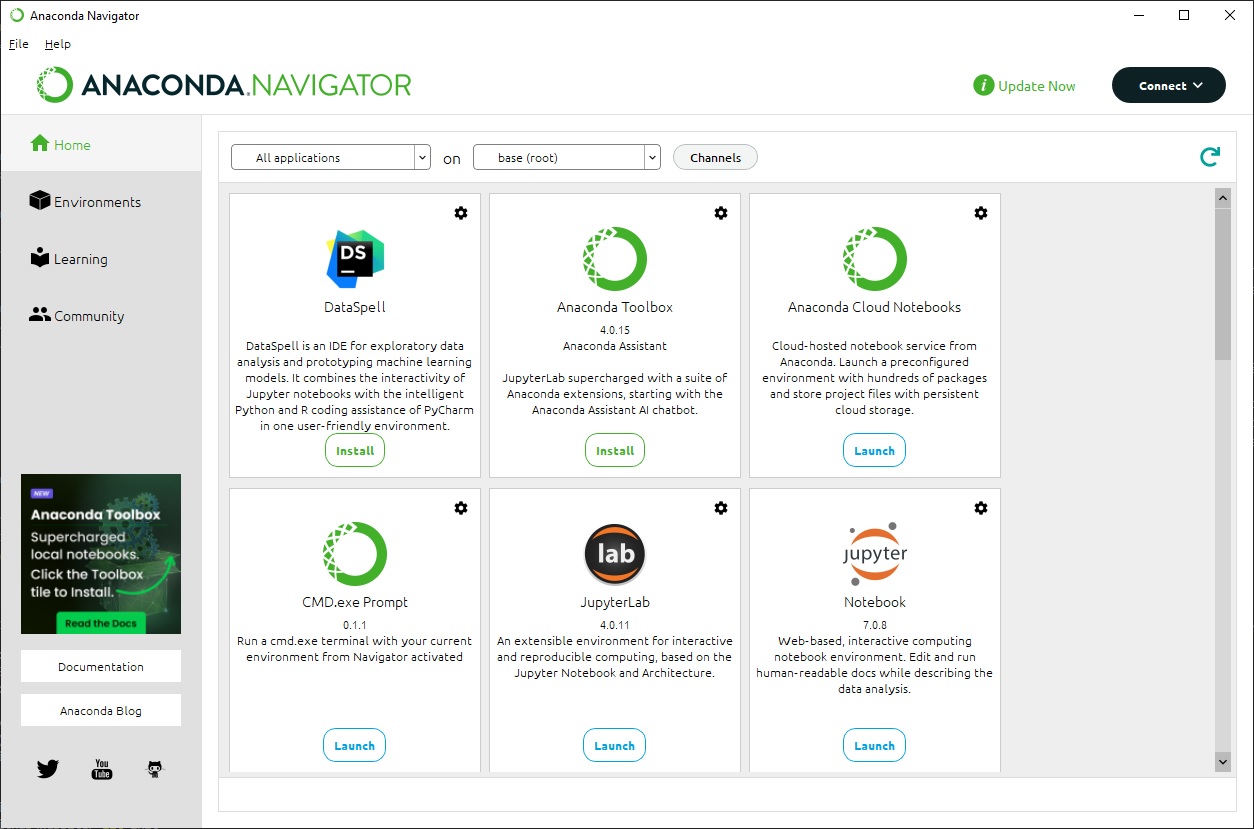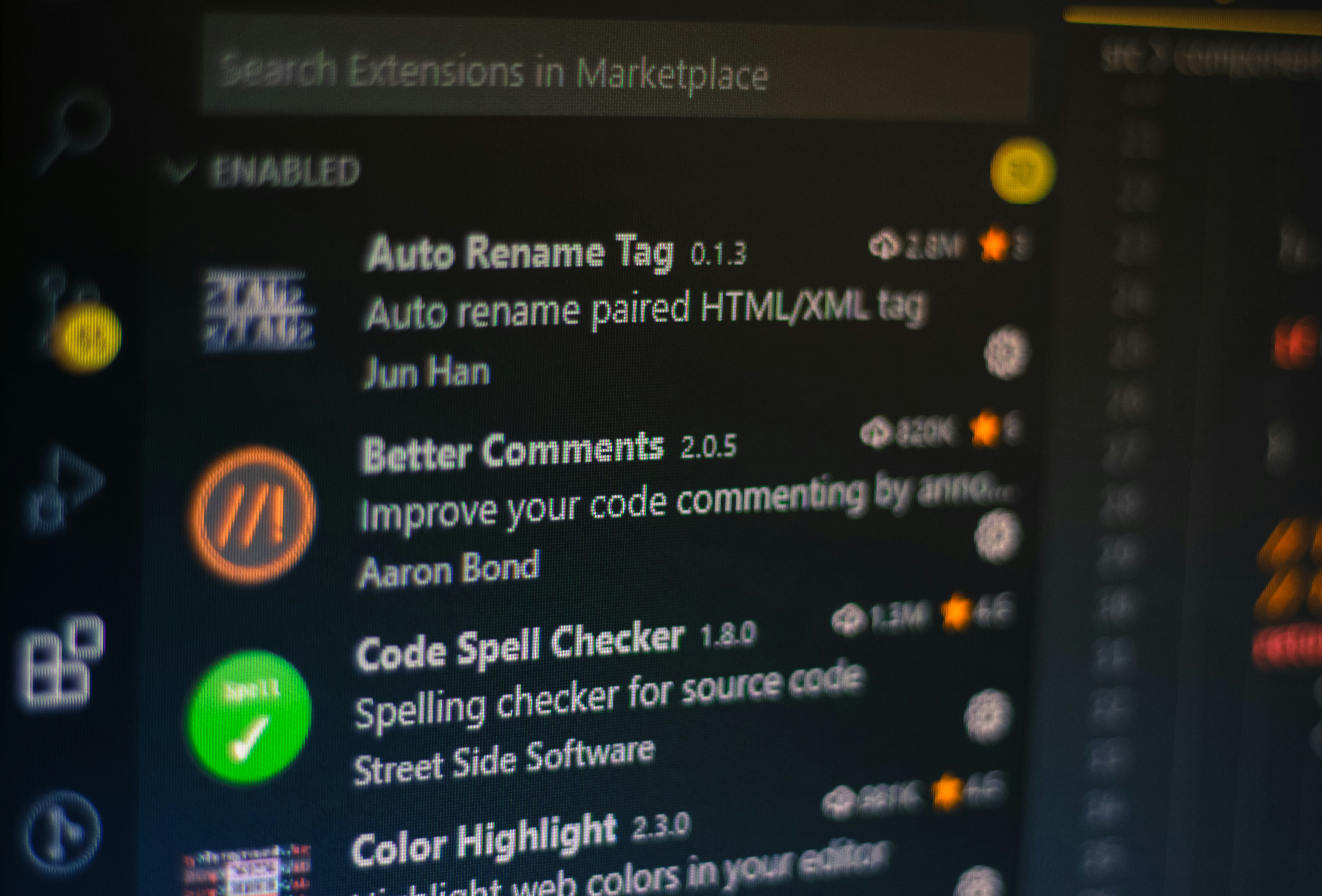My toolbelt
Why did I use Python instead of R? My reasoning was pretty shallow. Looking at both tools, Python looked a bit easier and had a larger community support. R seemed to be more academic-leaning. For those reasons I chose python. It's become my everyday toolbelt.
- Pandas: Like a hammer with a multi-tool, it's pretty much always imported in every ds project
- NumPy: The tape measure, it excels at getting the dimensions of the data. Get it? It excels?
- Matplotlib/Seaborn: Blueprints. This is how I can see the what I'm working with.
- scikit-learn: The table saw. When I need to cut up the data and read the grain and know where to place the planks of data.
- TensorFlow: Hydraulic press, it handles complex, large-scale machine learning and deep learning tasks and smushes it into a small bite-size bite. It requires a lot of knowledge to fine-tune the press to absolutely not destroy the data.
My history

My journey with Python began in an academic setting, where I was introduced to this versatile programming language through Jupyter notebooks in my classes. I honestly think this is the best way to start learning. Because you can run each line of code at a time. The notebooks are great because you can write notes and easily follow along.

For fun, I decided to go and take CS50 python from Harvard. The experience was magical because it filled in a lot of python concepts that I missed while learning python purely for data science. The program required you to make dozens of little python programs. Seeing the professor code and explain the reasoning why helped me get into a better mindset. The projects also made me work on libraries I rarely ever use. Regex will always give me nightmares. The course also taught me to use VSCode. I've gotten accustomed to VSCode so much, that I use it primarily over Jupyter Notebooks. I have heard that Pycharm is actually pretty great, but I haven't tried it yet. Another introduction to coding is the use of github. CS50 automatically saved all my documents in a repository. I grew accustomed to that. So I continue using that feature with VSCode.

Conclusion
Choosing the right tools and environment for data science can be overwhelming, but for me, Python has become my everyday toolbelt due to its ease of use and strong community support. My journey started with Jupyter notebooks in an academic setting, which allowed me to learn Python interactively. The CS50 Python course from Harvard further solidified my skills, introduced me to VS Code, and emphasized the importance of version control with GitHub. Despite exploring other IDEs, I always return to VS Code for its reliability and versatility in handling my data science projects.
